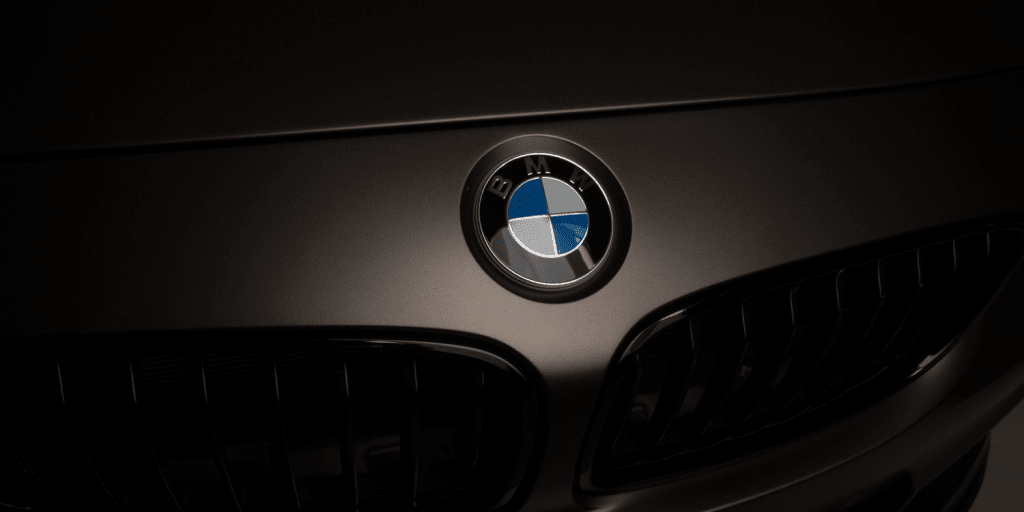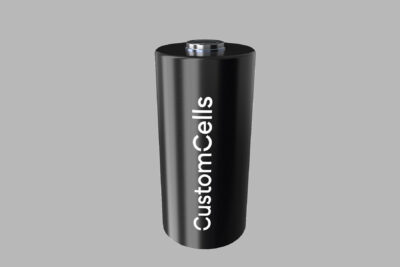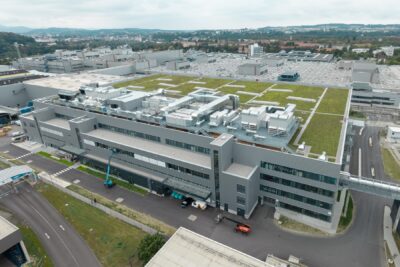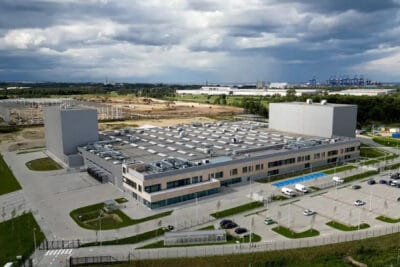BMW’s cylindrical cells rumoured to be better than Tesla’s
According to a media report, the round cells from BMW’s confirmed supplier Eve Energy for the New Class are superior to those from Tesla. Since they have a higher energy density, they allow for more range while the battery pack remains the same size.
Golem first published the information after a presentation by Eve Energy at the International Battery Seminar. According to the report, Eve’s new round cells for BMW will have the format 4695, i.e. they will be 15 millimetres longer than those made by Tesla with the same diameter. Based on the information about the New Class, these would be the battery cells for electric sedans. As reported in November, these will be 95 mm high. BMW will apparently use 120 mm batteries for its SUV models.
The Eve Energy round cells are available in two variants with energy densities of 260 and 280 Wh/kg. According to Golem, Tesla’s current 4680 cells have an energy density of only 234 Wh/kg. Even that would mean up to 19.6 per cent more energy content per kilogram of battery for the BMW round cells.
Cell manufacturing trend is go big! #EVE showcasing a 4695 cylindrical cell with 280 Wh/kg energy density and also a 560 Ah prismatic, aiming for a 12000+ cycle life. pic.twitter.com/1ABHTYLJ8A
— Billy Wu (@ICBillyWu) March 21, 2023
Using 4695 cells would enable the construction of an EV with a battery pack of the same length and width – but around 40 per cent more range than with Tesla’s current 4680 cells, Golem writes. The improvement is said to result in equal parts from the higher energy density and the additional height of the cells. Of course, not only the energy content plays a role in the range, but also the consumption. Especially since a car with 4695 instead of 4680 cells would also have to be 15 mm higher (with the same interior height). But according to Golem, “in the worst case, about one per cent more energy would be lost due to poorer aerodynamics of the car because of the larger front cross-section.” BMW also invested in Munich-based startup DeepDrive this week to make its next-generation electric motors more efficient.
The current report does not say how big the BMW battery pack will be. Previous reports have mentioned an energy content of between 75 and 150 kWh, depending on the model.
The fact that Eve Energy is offering BMW two variants with quite similar energy density is due to another reason: the cells differ in performance – both in charging and power output. The version with 260 Wh/kg is supposed to charge from ten to 80 per cent in just twelve minutes and can also deliver 50 per cent more power than the variant with 280 Wh/kg. The latter offers a higher energy density and thus more range, but requires 20 minutes for fast charging. BMW could therefore choose the right battery cell depending on the model (variant) – sometimes for more frequent but shorter charging stops, sometimes for more range with longer charging stops.
In addition, BMW has officially confirmed the new battery assembly plant in Lower Bavaria, which will high-voltage batteries to the plants in Munich, Dingolfing and Regensburg. Rumours had already been circulating in January. In February, a company spokesman confirmed the purchase of land in the communities of Straßkirchen and Irlbach. Construction is scheduled to start in early 2024.
golem.de (in German), twitter.com, bmwgroup.com (battery assembly)





0 Comments